This movie is based on a book that is over 150 years old. You can best believe that there will be spoilers.
There is this perfect moment that takes place about 15 or so minutes into Little Women. Meg sprains her ankle while dancing at a party and Jo, with the help of their neighbour Laurie, has to take her home. They stumble into their living room and the household comes alive. The siblings are introducing themselves to the gentleman caller. Marmee is feeding him scones. They’re tending to their wounded sister. Everyone is talking over each other in Altman-esque fashion while Laurie, much like ourselves, just waits in stunned silence, watching the glorious chaos that is the March women.
You can feel Laurie begin to fall in love. Not just with Jo, but with all of them. Because it is at that exact moment, about 15 or so minutes into Little Women, when you too begin to fall in love. Not just with the March women, but with Greta Gerwig’s absolute mastery of the form.
When we talk about the art of directing, we often make reference to scenes and movies in which the hand of the filmmaker is most apparent. To Sam Mendes and 1917, to Quentin Tarantino and Once Upon a Time in Hollywood, to the decision to craft your movie as one single take, or to faithfully recreate an entire era. So much so that it’s easy to overlook the elegance of these 60 seconds in Little Women, where everything done is deliberate, and everything said is a microcosm for something larger.
This is a movie that is so meticulous in its construction. Greta Gerwig’s constant use of repetition as a way to mirror conflicting emotions – confidence and doubt, joy and despair, attachment and isolation – and how it underscores character growth is absolutely brilliant. When she cuts directly from Beth’s funeral to Meg’s wedding day. When she flashes forward from the escape afforded by a debutante ball to a late evening conversation about having to live within one’s means. When, at the end of the movie, she reframes those earlier 60 seconds experienced by Laurie, only with Friedrich instead.
And yet, she never shows off. She does not seek acknowledgement or affirmation. She doesn’t, at any point, run out to you with excited expectation, her palms wide open, exclaiming: “look at what I made.”
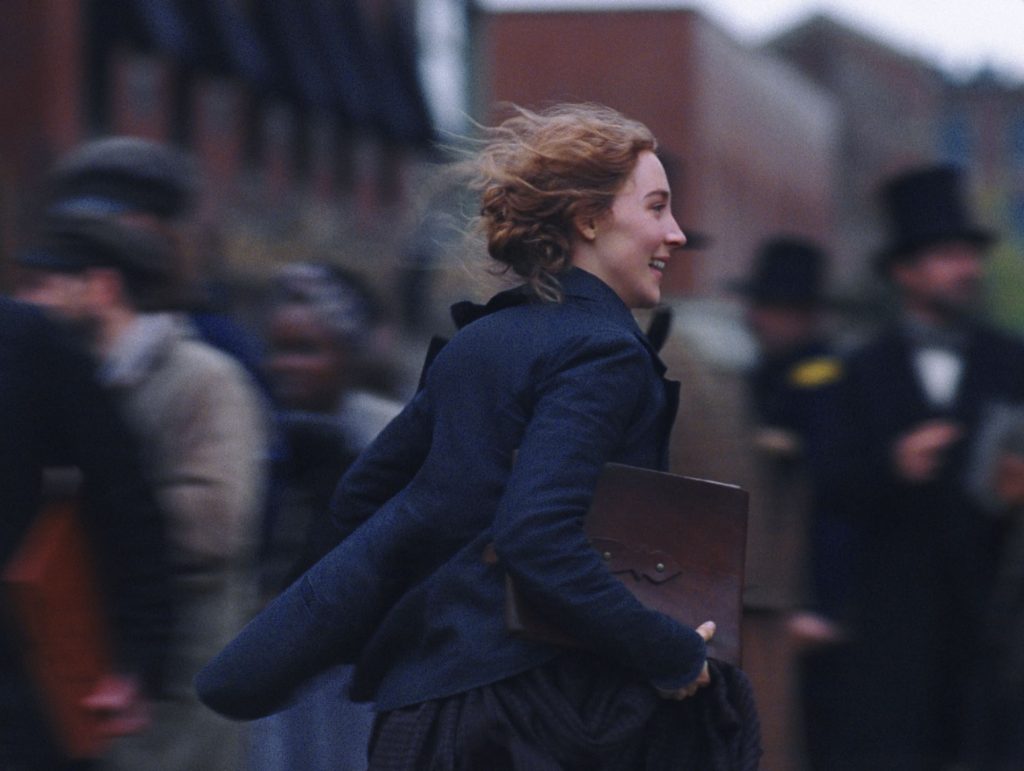
There is a quiet confidence to Greta Gerwig’s filmmaking. One that creates tension by way of a deconstructed chronology. One that lets the beauty and detail of time and place speak rather than, as period pieces are wont to do, constantly point at itself in order to remind you where and when you are.
One that allows for the glorious energy of Saoirse Ronan to shine through. Everyone in this movie, from Laura Dern to Florence Pugh, from Timothée Chalamet to Chris Cooper, is miraculous. But Saoirse Ronan is an absolute revelation. The spontaneity and imagination she brings to Jo March, as a free-spirited young woman who grows to realize that her literary ambitions and intellectual self-fulfillment are inseparable from her need to love and be loved, is endowed with such passion and creative fire that it is an absolute joy to behold. As we watch her grow, out of sequence, through the movie’s shifting chronology, we come to realize that there is nothing simple or straightforward about the paths of these women’s lives.
There is very little that needs to be done to Little Women to make it appeal to a contemporary audience. Louisa May Alcott’s novel, much like the author herself, remains startlingly relevant. The March sisters, their trials and tribulations, and their latter-day ideals, could speak to, and for, any generation in the century and half since the book was written.
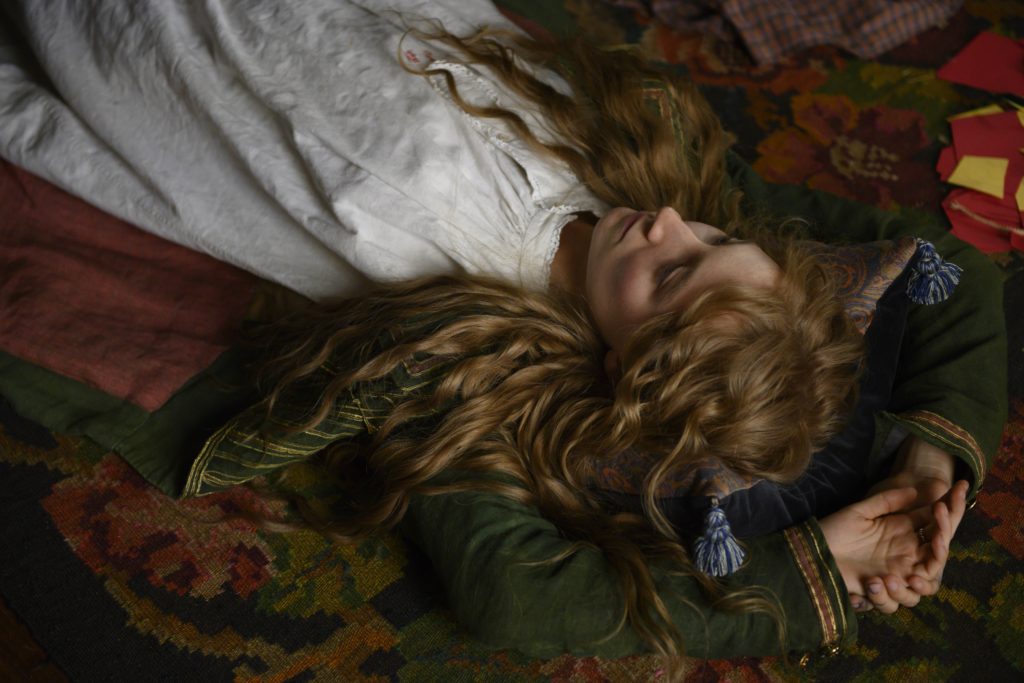
Too many filmmakers, in striving to capture and reflect an author’s intent, often forget the importance of employing their own language. Slavish adaptations may have a tendency towards accuracy but often end up missing the crucial point that books and film need to tell stories in different ways. Think Zack Snyder’s panel-by-panel recreation of Watchmen. Or John Crowley’s unwieldly take on The Goldfinch.
In that way, screen adaptations are a lot like literary translations. Where the measure of greatness has less to do with exactitude than it does with being able to connect with an audience, be part of a specific time and place, and speak to a particular generation. Fidelity can be wrought by way of creative license. But only in the right hands.
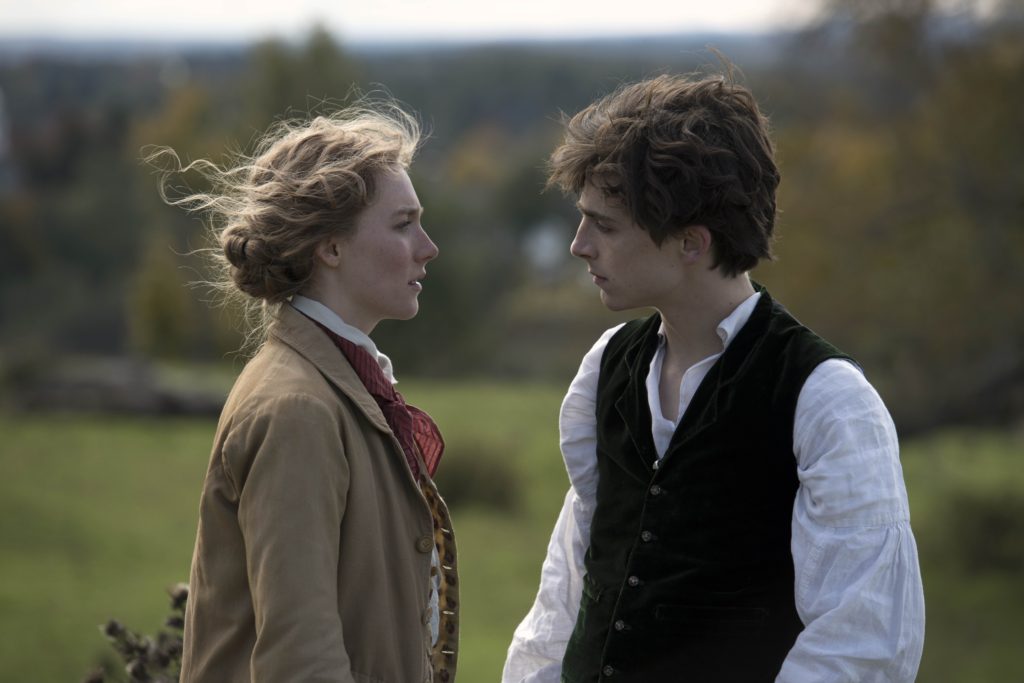
Greta Gerwig’s approach to Little Women is unlike anything I’ve ever seen. Yes, this is still the story of Jo, Meg, Amy, and Beth, but there is, in her adaptation, an implicit acknowledgement of the audience’s familiarity with it. Gerwig makes use of the fact that this is a novel that is very much in the public consciousness. It doesn’t matter if you’ve never read it. You know these characters. You’ve heard their story.
Gerwig then exploits this assumed knowledge to give us a version that is both of the text and beyond it – a movie inspired by both Louisa May Alcott’s words, as well as the lasting impact of those words. This is a movie that is as much based on a novel as it is on how that novel has inspired generations of women.
Greta Gerwig is an heir to Louisa May Alcott’s legacy. She is someone who cannot help but identify with Jo March. Be utterly inspired by her. And eventually grow up to be her. This is most apparent in the way she chooses to end her narrative. By allowing the audience to decide which happy ending they prefer. By giving us that choice and reinforcing Meg’s protofeminist declaration that just because a dream is different, it doesn’t mean it’s unimportant.
Little Women
135 Minutes
Director: Greta Gerwig
Writer: Greta Gerwig
Cast: Saoirse Ronan, Emma Watson, Florence Pugh, Eliza Scanlen, Laura Dern, Timothée Chalamet, Meryl Streep, Tracy Letts, Bob Odenkirk, James Norton, Louis Garrel, and Chris Cooper

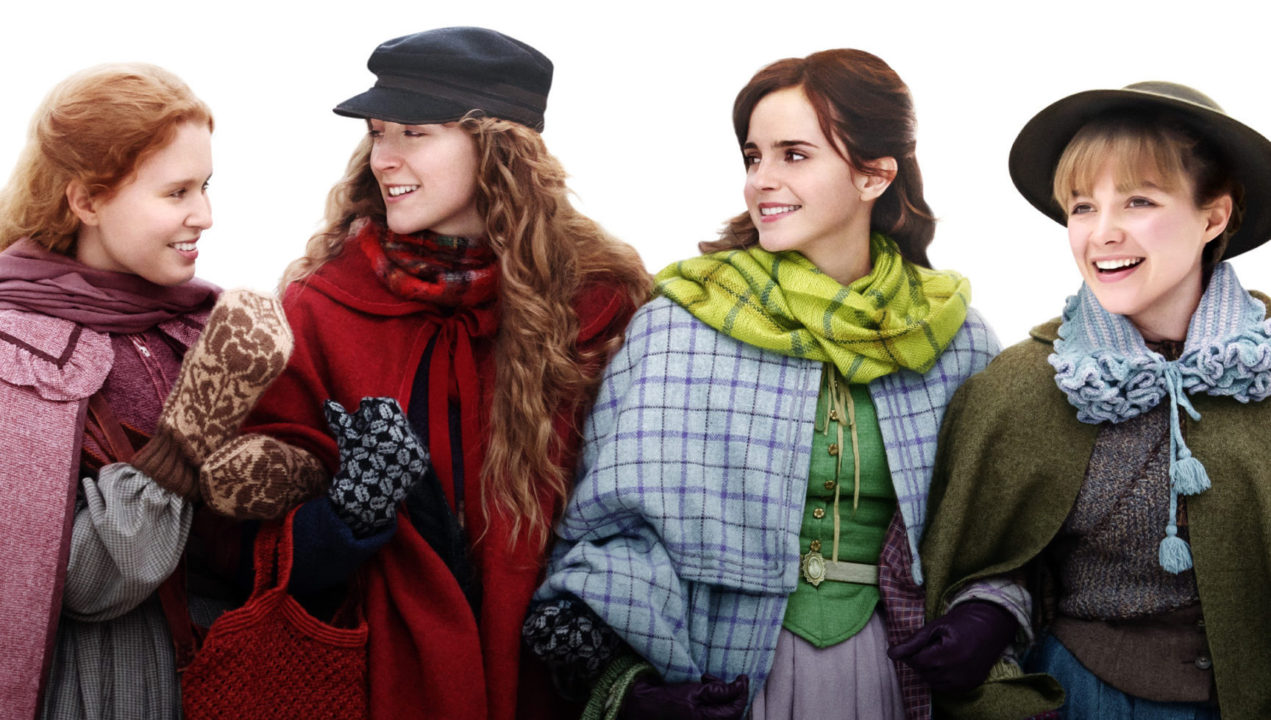



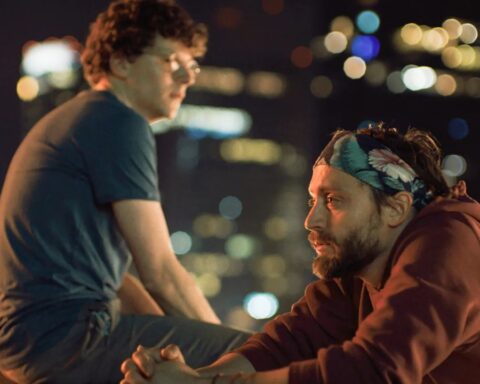


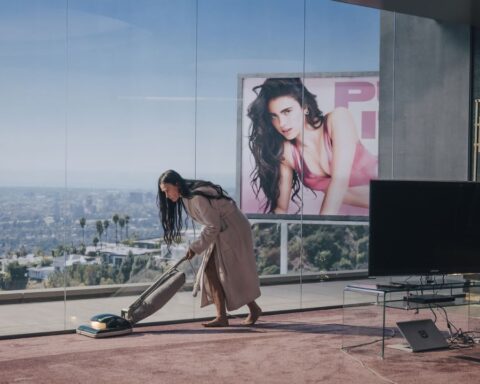
Follow Us